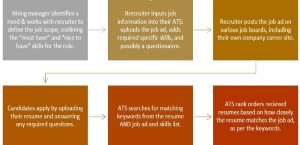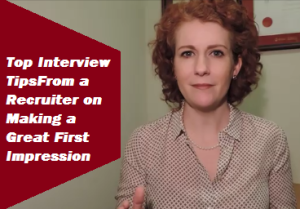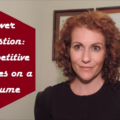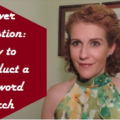Recruitment systems – also known as Applicant Tracking Systems, or ATS – are the databases that recruiters use to post jobs and receive resumes. They are relational databases, which means that they are able to recognize relationships between sets of data. In this case, an ATS is able to detect relationships between the job ad and your resume.
Let’s walk through how this works:

It is also important to note that ATS systems are computer systems after all. As such, your resume format must be readable. Here are a few tips for writing your resume to ensure that it doesn’t get immediately rejected by the ATS:
- Use the Keywords from the job ad throughout your resume.
- Use proper spelling and grammar.
- Don’t put your contact details in the header – most ATS systems cannot read information in the header of a document.
- Don’t use graphs, charts, or images – the ATS won’t be able to read this information and will assume it is “garbage.”
- Don’t use fancy fonts – again, we need to ensure the ATS can read your resume.
- Use standard resume formatting – this makes your resume much more readable to an ATS.
Given that over 90% of large companies, and 60% of medium companies use Applicant Tracking Systems, it is more important than ever that you ensure that your resume is ATS friendly.
For help on writing an ATS-friendly resume, check out our Resume Writing services by clicking here.













